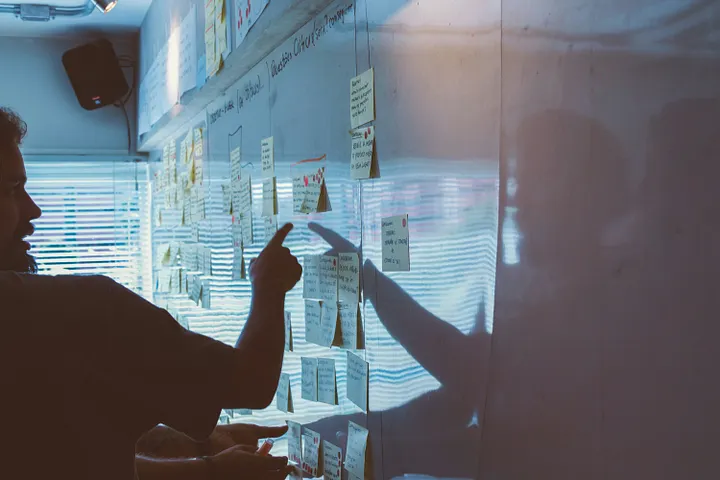Photo credit: Photo by Startaê Team on Unsplash
I was sitting in my kitchen, barefoot, sipping my matcha and flipping through my meeting notes.
I had just got that new job. Everyone was expecting me to be “strategic.”
But no one — not a book, not my classes, or MBA, not the board — could answer the question that kept me up at night:
What the f*ck is strategy, really?
It took me more than a decade to figure it out. And in the process, I wrote down everything I learned — every lesson I paid for in real-life experiments, mistakes, wins, and long nights staring at ceiling , and now this will be my personal understanding of it base on those experiences.
Great strategists aren’t born.
They’re people who, at some point, started seeing the world differently, and then continue by trying a lot of things, and trying them often.
They stopped focusing on goals, market trends, or what competitors were doing — and started asking better questions:
👉 Who do we serve?
👉 What do they truly need?
👉 How can we solve that for them in a way that’s unique, and valuable, and hard to ignore?
Strategy isn’t a plan. It’s not a vision statement.
And it’s definitely not a PowerPoint.
Strategy is a set of decisions about how you create and capture value — and how you build a company that people choose, again and again.
Strategy isn’t about control. It’s about clarity and trust.
When I first became CEO, I thought my job was to make the right decisions.
And for a while, that worked — until it didn’t.
The company grew. The problems got bigger. The decisions came faster. And suddenly, I was the bottleneck.
I was still the one making the decisions — but now I was making all of them.
That’s when it hit me:
If your strategy relies on you to make every call, it’s not a strategy. It’s a liability.
Real strategy gives your team the tools to decide — without waiting for approval, a meeting, or a PowerPoint. It doesn’t just show them what to do — it helps them figure out what to do when things change.
And they will change.
… but I know… you are probably thinking that it doesn’t work.
So keep reading 🙂
That’s why great strategy is process-driven.
If your company is a machine for creating value, your processes are the engine.
They shape how work happens. How decisions are made. How people solve problems, collaborate, and serve customers.
You don’t rise to the level of your goals — you fall to the level of your systems.
So every strategic priority must translate into better systems:
- A clearer way of prioritizing.
- A smarter process for handling customer requests.
- A more transparent way of sharing information or learning from failures.
- A way to guide the team and give them autonomy and the support they need.
Strategy isn’t about genius moves. At least not always!
It’s about designing the habits of your company — so that good decisions become the default, and having the processes that enable the team.
